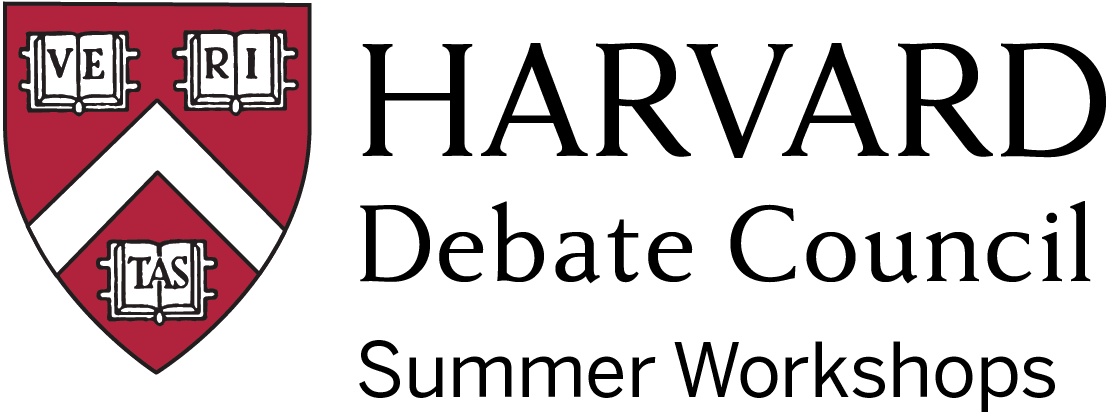These rules are given to us by Harvard Administration and are the same ones given to Harvard students when they arrive on campus.
The Code of Conduct that you and your parents sign commits you to comply with Harvard rules regarding the Residence Halls. These are those rules. Violation of any of these policies is grounds for dismissal.
Security and Access:
Do not prop doors open. This sends an alarm to the campus police department and they will come out. Lock the door to your room. No visitors from outside the workshop are allowed in the residence hall.
Room Keys:
You are responsible for your keys and must request a replacement if you lose it. Lost key penalty is $25.00. You may not install your own lock or security device that would prevent University officials from accessing the room. You are prohibited from duplicating your key and/or lending it out to anyone and you must return it at the end of the workshop.
Health & Safety Issues:
All cooking appliances are prohibited in the residence hall. No non-human animals are allowed in the residence hall. You must dispose of your trash in the appropriate containers. No chemicals, solvents, grease, paint or toxic or hazardous substances may be disposed of in the sink, toilet or shower drains. You are not allowed on the roofs or fire escapes of any building, except in case of emergency. You may not place objects such as antennae, satellite dishes, or plants on outside walls, window sills, fire escapes or ledges. You may not install an air conditioner in your room. All halogen floor lamps are prohibited.
Smoking and Substance Use:
Smoking is prohibited in all areas including but not restricted to all common areas, offices, student bedrooms and common rooms. Possession and/or use of alcohol and drugs (other than declared prescription drugs) is prohibited.
Care of Residential Property and Furnishing:
You are responsible for reporting in writing any damages to your room when you check in. If you do not, any damages will be assumed to be your responsibility and you will be charged for repairs. If you decorate your room you must be careful not to attach anything to the walls or other surfaces that causes damages or leaves any marks. You are responsible for the University furniture placed in your room and will be charged for any damage. Furnishings for the House and common areas may not be removed for personal use.
Fire/Emergency Procedures:
If you find a fire: sound the alarm by activating the nearest fire alarm and call the Fire Department at 911 from a safe location; alert your neighbors if you can do so without delaying your exit, leave the building immediately, closing doors behind you. Do not try to put out the fire. Use your common sense – your safety is more important than property. If the alarm sounds: do not delay evacuation or assume it is a false alarm; immediately begin to exit. Feel the door, if it is hot, do not open it. Put a towel or blanket (preferably wet) under the door and attract attention to yourself by calling the 911 and hanging a sheet or something out of the window. If door is not hot, open it slowly. If smoke and heat fill the hall, close the door; stay in your room, and call for help. If you can safely leave your room, take your key and close your door. Exit by the nearest stairway – do not use the elevator.
Noise:
You are responsible for respectful treatment of neighbors, in the community and in the residences. Cabot is located in a residential part of Cambridge. Additionally, the House Master and tutors will be living in Cabot, including some on the same floors where you will be housed. If a tutor asks you to reduce your noise level, you must listen to them as well as requests by workshop staff. You shall at all times show proper regard for others. Voices, radios, stereos, and other audio equipment shall be adjusted so as not to disturb the community.
Obscene or Harassing Telephone Calls:
The placement of an obscene or harassing telephone call is a criminal offense, punishable to the full extent of the law in the courts.
